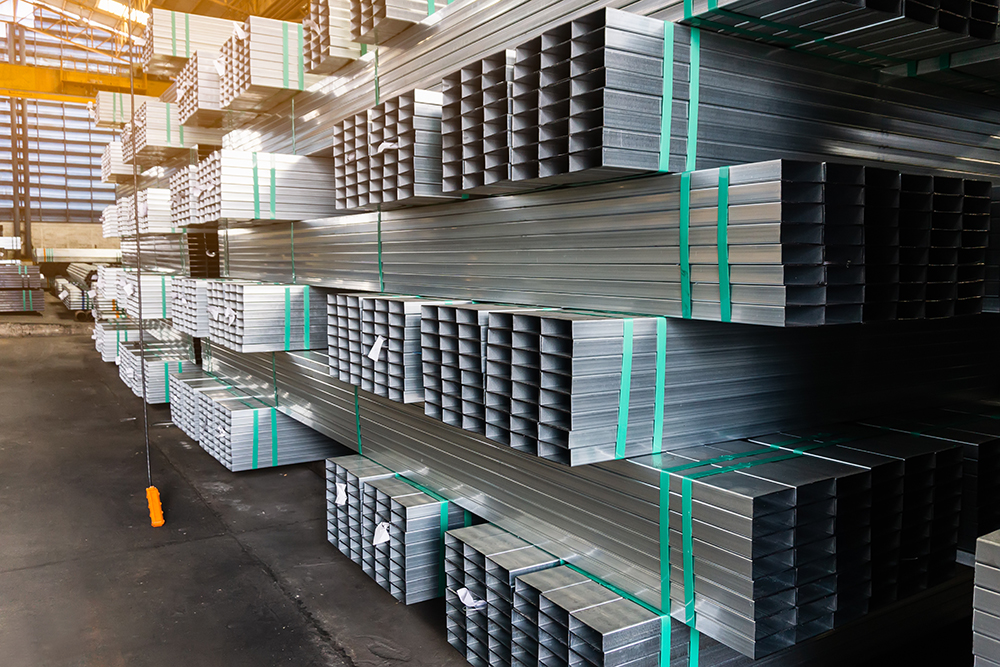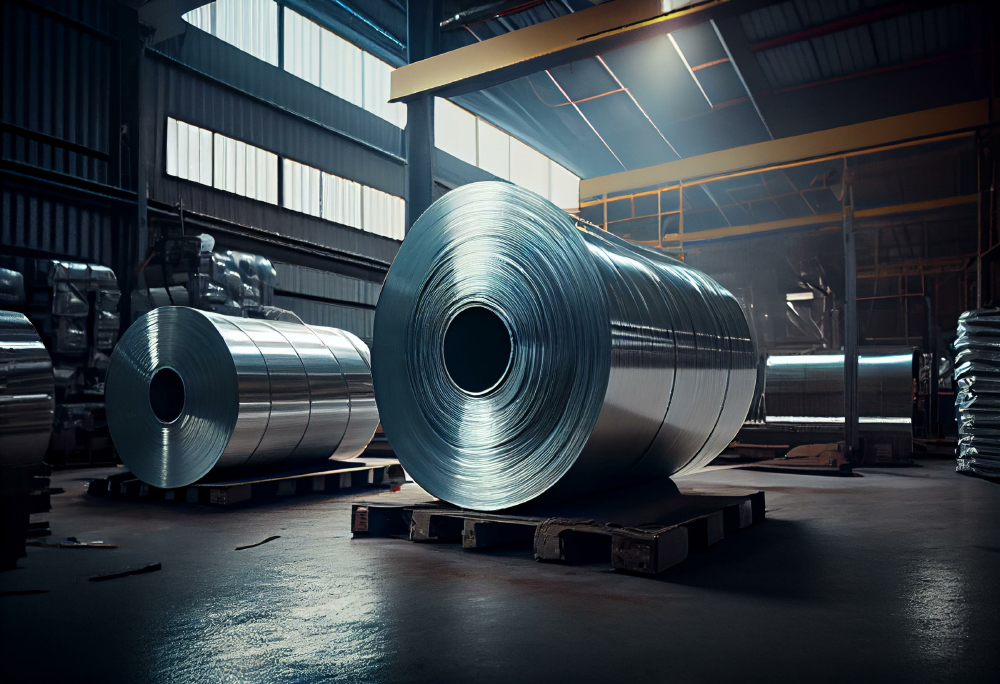It’s no news that the London Metal Exchange (LME) has seen a big rise in Russian aluminum inventories in its warehouses. However, the surge in Russian metal remains a big source of concern for the business. After all, it could potentially affect aluminum prices on the exchange, which producers, consumers and traders often use as a benchmark for contracts.
Rusal, a Russian aluminum manufacturer, accounts for 5.4% of the world’s total aluminum supply. Many expect the company’s output to total around 70 million tonnes this year. However, its product account for a vast percentage of LME stores. Thus far, the LME seems hesitant to exclude Russian metals from being traded and stored within its warehouses. However, producers and other market participants remain vocal in their support for Russian metal sanctions.
For example, Alcoa CEO Roy Harvey recently warned that Russian aluminum would overwhelm LME warehouses. If his prediction comes true, it could seriously hurt the LME’s benchmarking reputation.
Stay posted on LME metal news and other metal market updates by subscribing to MetalMiner’s free weekly newsletter.
Prices of Aluminum Could See Impact from LME Russian Aluminum Gut
The issue of too much Russian aluminum in LME warehouses could lead to a reputation crisis. Furthermore, Russia currently produces more than half of the aluminum in LME warehouses, and the percentage of Russian aluminum inventories in LME warehouses has been growing since January 2023.

When the U.S. placed import taxes on Russian metal in late February, the influx of Russian metal into its U.S. registered warehouses halted. Due to the war in Ukraine, companies in Europe and parts of Asia do not want Russian aluminum. And while they may have contracts to receive it, they will not use it and will instead give it to the LME.
Alcoa Corporation recently requested that the LME act to delist Russian-origin products to maintain the exchange’s reputation and integrity. Alcoa’s Executive Vice President and Chief Commercial Officer, Kelly Thomas, said that along with the humanitarian crisis caused by Russia’s invasion of Ukraine, the presence of so much Russian stock seriously threaten the global prices of aluminum and throws the reliability of the LME’s aluminum contract into question.
Stay on top of all the latest trends with MetalMiner’s monthly MMI Report. Sign up here to receive it FREE of charge.
Examining the Potential Ramifications
So far this year, the amount of Russian aluminum in LME warehouses continues to increase. In March, the figure reached 53% after hitting 46% in February and 41% in January. April saw a brief decline to 52%. However, in May, the figure shot back up to 68%. Given the current state of affairs, many analysts expect this number to rise even further.

The global aluminum market continues to watch as the proportion of Russian metal in LME-registered warehouses grows. Since most consumers want to avoid Russian metal whenever possible, this supply and demand balance could soon impact global prices of aluminum.
If the LME does solve this issue, it risks losing its status as the gold standard for aluminum pricing. Moreover, if it cannot produce alternatives to Russian aluminum, other exchanges, like the Shanghai Futures Exchange and the CME Group, may soon replace the LME in aluminum benchmarking. After the historic March 2022 nickel squeeze, this a risk that the LME simply cannot afford to take.
Be it a bullish or bearish market, buying organizations can always generate cost savings and reduce spending risks. Read MetalMiner’s track record.




